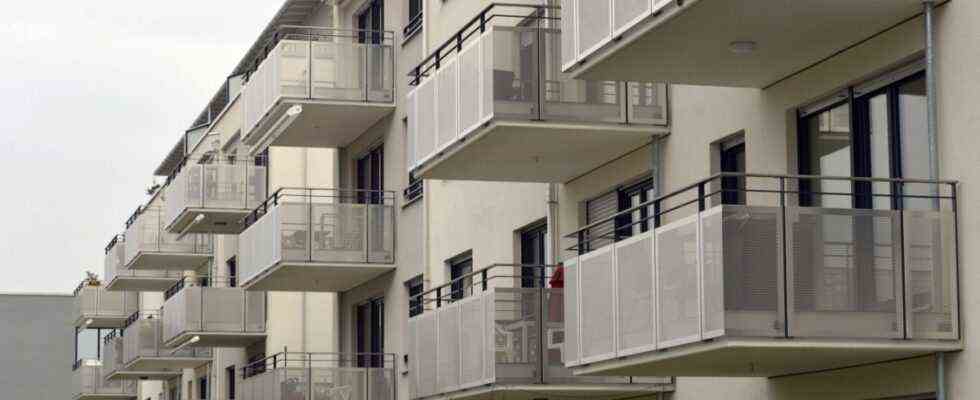The idea may have sounded very charming to the treasurer at first glance: The introduction of a second home tax could put a few more euros in the coffers and thus relieve the budget of the Unterhaching community. A citizen had thought about that and made a petition in the town hall. His second argument in favor of such a tax: some of the apartments would then be available again as a primary residence in the tense real estate market. The local council dealt with the proposal in its most recent meeting and came to the conclusion: It doesn’t make any sense to us.
What the man probably did not know or did not consider: In order to collect money in this way, such a high effort would be necessary that in the end nothing or very little gets around for the community. The town hall administration has calculated and listed everything that needs to be done so that the first euro can flow from second home users. She then pointed out that this could not be done with the current staff in the town hall, but that at least one clerk and a few temporary workers would be required. There would also be no getting around a professional opinion.
The municipal administration in Unterhaching has currently identified 1,500 registered second homes. How many there are actually still has to be found out by comparing it with the property tax database. In fact, a second home is basically a home that is not used as the main home. If the municipality wants to levy a second home tax, it must first issue a statute. Nor can she collect money from everyone who uses a second home, because there are numerous reasons for an exemption. There are, for example, accommodations for non-profit or public providers for therapeutic purposes, apartments in nursing homes or homes for the elderly, the apartments of detained criminals, minors in training and students without income, as well as communal accommodation for police officers and soldiers.
The second home tax is calculated based on the annual net rent, which is multiplied by the tax rate. But there is no rent index in Unterhaching. In order to show the sums involved, the town hall administration used examples from the Immobilienscout24.de online portal and assumed the current tax rate of the city of Munich at nine percent. However, Munich will increase the second home tax to 18 percent in the coming year. For a one-room apartment with a monthly rent of € 725, at the current tax rate, € 783 would flow into the municipal coffers annually, double that from next year. A three-room apartment would currently cost around EUR 1284, and EUR 3186 for a semi-detached house with monthly rent.
However, the administration warned that a high number of exemptions as well as numerous objection and complaint procedures must be calculated. In order to commission the necessary preparatory work and to create the legal basis for the collection of the tax, at least two posts would have to be created for the budget year 2022, it said from the town hall. Nobody in the local council wanted that. The unanimous opinion of the committee is that this effort is simply too great.

